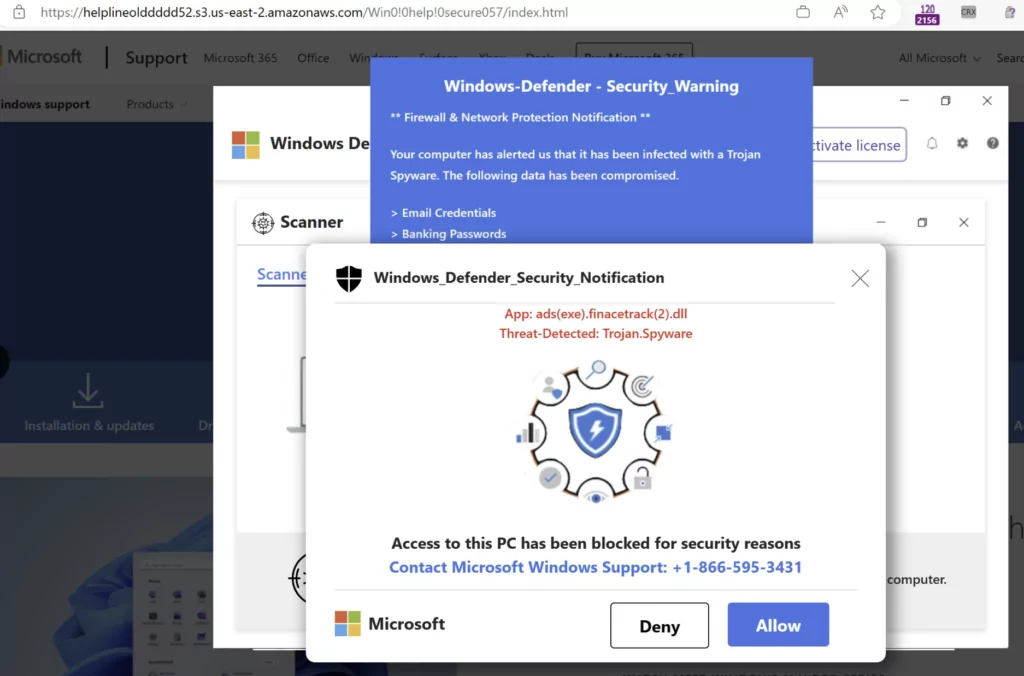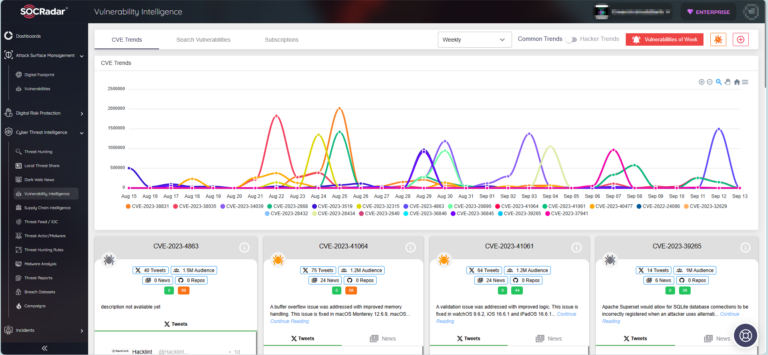Search engines like Google have become our primary navigators in the vast world of the internet. However, with its vastness comes vulnerability. Even the giants aren’t immune to occasional slip-ups, as evidenced by a recent alarming incident brought to light.
The Deceptive Google Search Result
 Eric Lawrence’s tweet highlights a deceptive top Google search result for “YouTube.”
Eric Lawrence’s tweet highlights a deceptive top Google search result for “YouTube.”
Eric Lawrence, a notable figure in the tech community, highlighted an unsettling discovery on his Twitter. The top search result on Google for “YouTube” led users to a tech scam. For many, Google search is the gateway to the internet, and YouTube is undeniably one of the most frequented platforms globally. This raises the question: How could such a blatant scam occupy the top position on a search for such a popular term?
The answer is alarming: by leveraging Search Engine Optimization (SEO) tactics, cybercriminals could push their malicious websites to the top of search results. Once a user clicks on the link, they’re redirected to a webpage designed to either steal personal data or push the user to make unnecessary payments for ‘tech support’ or worse.
 False Windows Defender – Security Warning pop-ups (Source: textslashplain.com)
False Windows Defender – Security Warning pop-ups (Source: textslashplain.com)
The scam showcased a misleading “Windows Defender – Security Warning” pop-up, falsely alerting users that Trojan spyware had infected their computer. The pop-up claimed that the user’s email credentials and banking passwords had been compromised, urging them to contact a fake “Microsoft Windows Support” number.
You can learn more about this by clicking here.
The Implications
While seasoned tech users might recognize such a scam, many others could easily be swayed by the urgency of the message and the platforms’ familiarity. The scam’s position as a top Google search result adds a veneer of legitimacy that can be particularly misleading for less tech-savvy individuals.
Staying Safe
This incident is a reminder of the importance of staying vigilant. Here are some quick tips to avoid falling for such scams:
- Double-check URLs: Always ensure that the website’s URL is genuine. Look out for misspellings or unusual domain extensions.
- Avoid Calling Suspicious Numbers: Scammers often provide fake helpline numbers. Instead of calling these numbers, visit the official website of the software or platform and get their official support number.
- Install Trusted Security Software: While pop-ups like these are designed to deceive, having trusted security software can protect by detecting and blocking malicious sites.
Conclusion
 Vulnerability Intelligence module of SOCRadar Platform.
Vulnerability Intelligence module of SOCRadar Platform.
The world of technology is ever-evolving, but so are the tactics scammers employ. Staying informed and vigilant is our best defense against these deceptive practices. This recent revelation is a stark reminder that even the most trusted platforms are not immune to such threats.
In the wake of such incidents, leveraging advanced security solutions like SOCRadar’s vulnerability intelligence becomes imperative. SOCRadar provides timely and actionable insights, ensuring that individuals and organizations are always one step ahead of potential cyber threats. By integrating such intelligence into our online routines, we can better navigate the digital realm with confidence and security.
The post The Perils of Search Engines: A Recent Tech Scam Alert appeared first on SOCRadar® Cyber Intelligence Inc..
Article Link: The Perils of Search Engines: A Recent Tech Scam Alert
